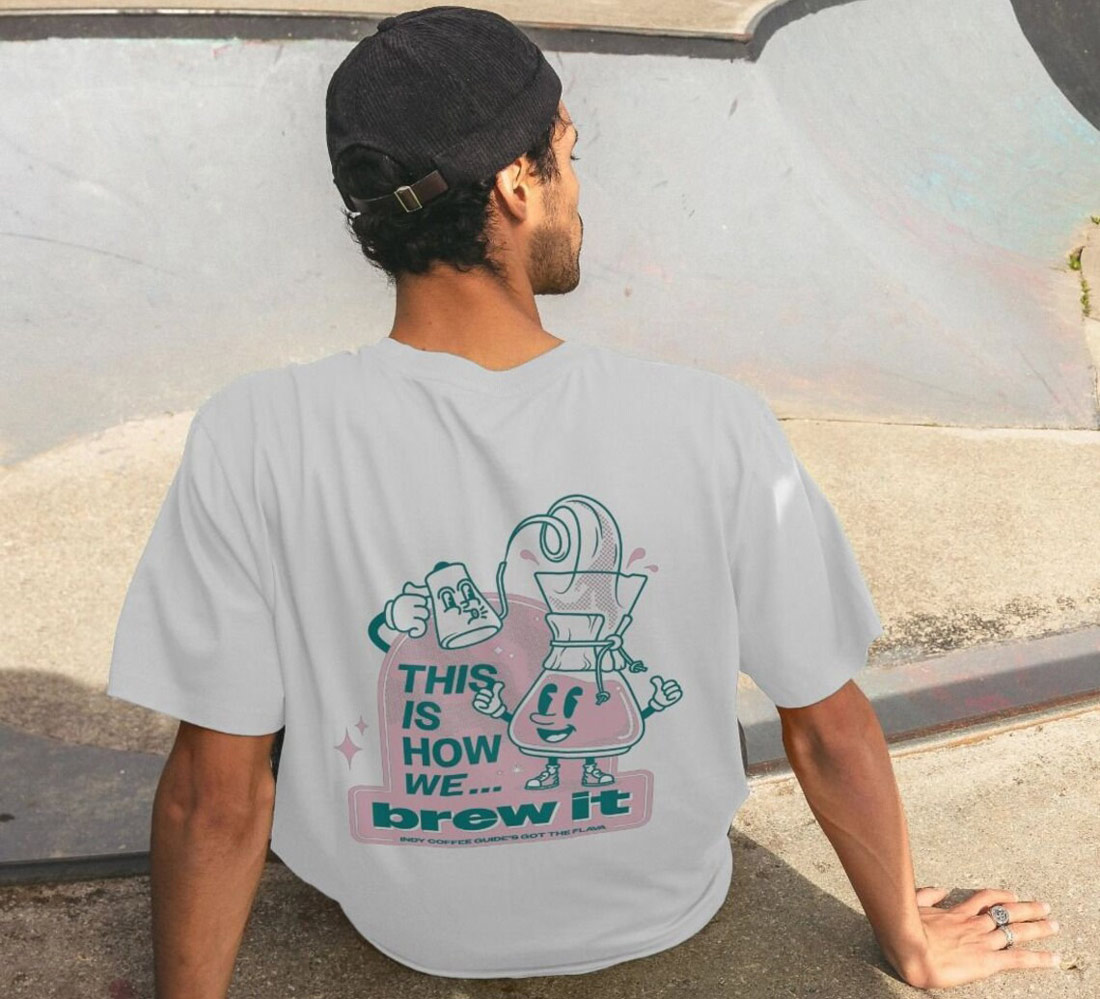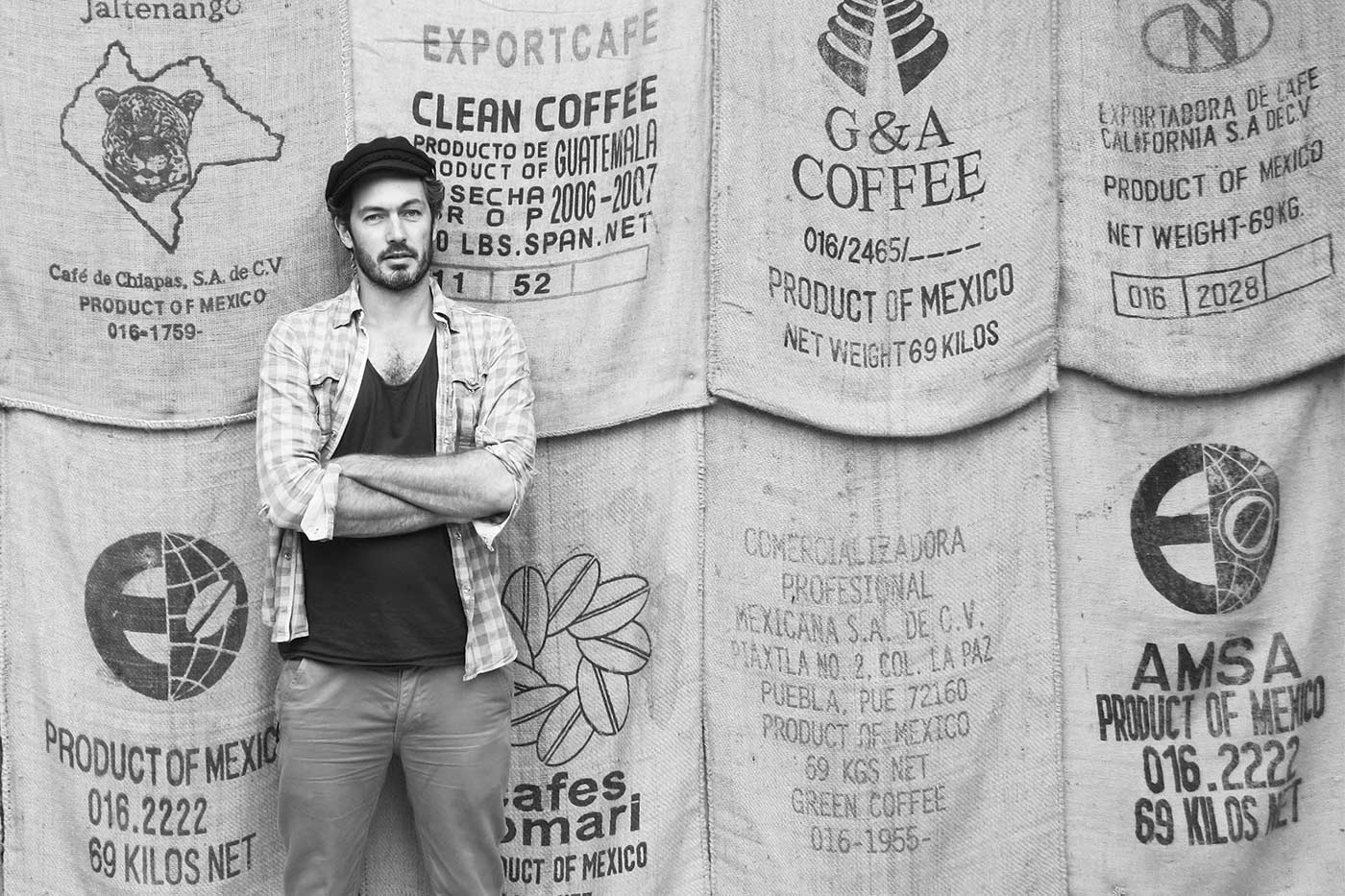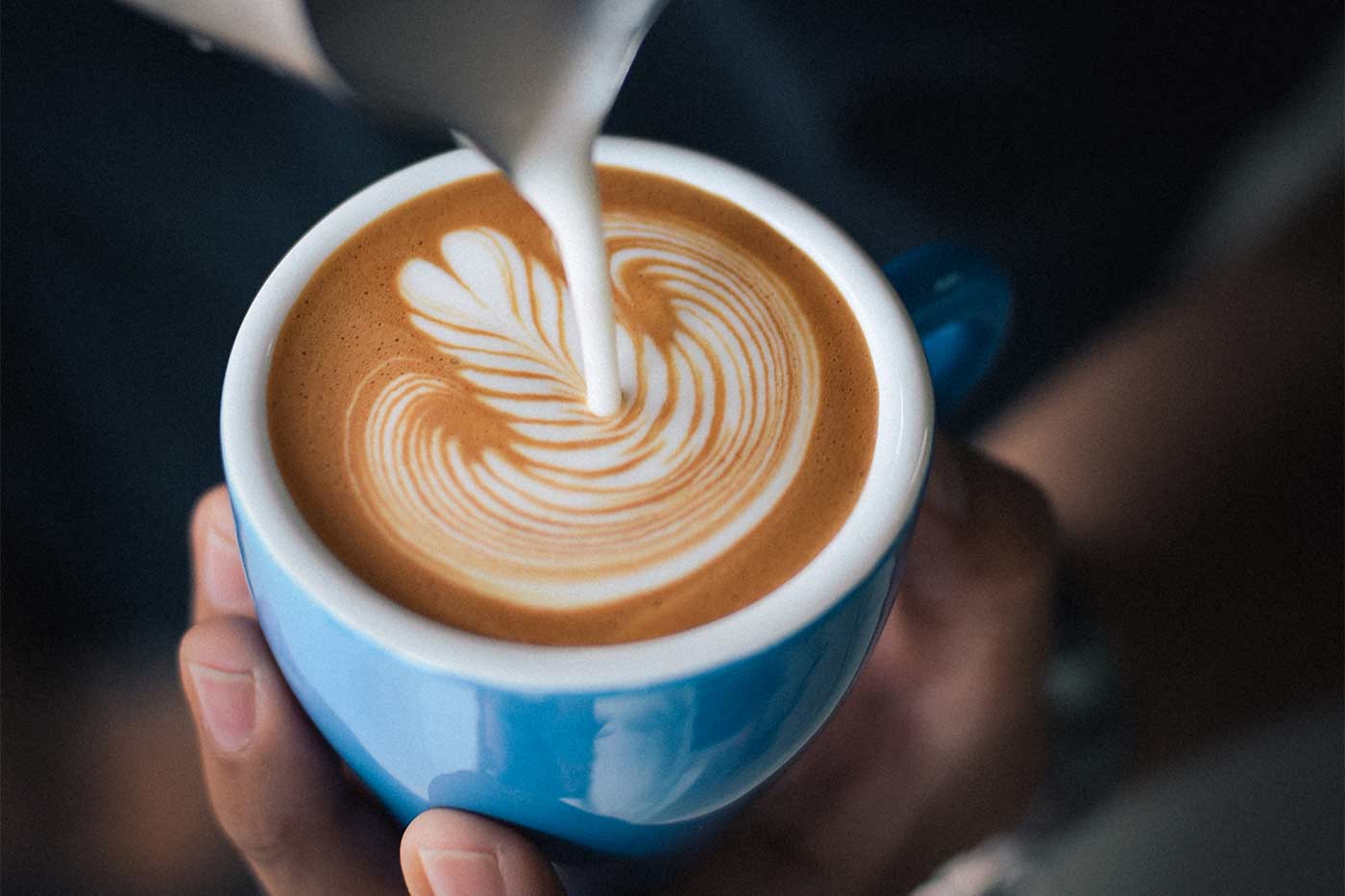In the next instalment of our Sustainable Champions series with KeepCup, we talk sourcing, recycling and consumption with Dale Harris, World Barista Champ 2017 and general manager at Hasbean in Staffordshire
A quick low-down on Hasbean?
Hasbean is a speciality-focused coffee roastery which specialises in offering a wide range of beans. We have between 30-40 coffees available at any time and 90 per cent of these are sourced from direct trade relationships forged over the past 15 years.
We think freshness is super important so we roast everything to order. Flavour is the big thing at Hasbean, but we’re also keen to ensure our coffee is sustainable, consistent and at prices accessible to everyone. Our direct trade relationships have allowed us to work with producers who really know what they’re doing and our continued partnerships allow them to increase the quality of the crop and production each year while also being able to experiment without risk.
Do you see the future of speciality coffee becoming more sustainable?
I don’t see speciality coffee being able to continue if it doesn’t.
At a basic level, we’re working with an agricultural product that is affected by climate change. I recently visited farms in Colombia, Peru and Rwanda and in each case saw climate change related impact first-hand. The problem is that coffee farming is a slow process and it’s not easy to make changes. Unfortunately, the impact of climate change is happening faster than they can implement solutions.
In terms of speciality, the industry is at risk if we don’t make the whole process more sustainable. We need to implement change at the farms, roasteries and cafes (particularly energy use and waste production) as well as in our buying practices in order to make a difference.
I’m positive about the consumer response to the climate crisis so far; there’s more information out there and people are becoming more mindful. Whether we can be confident about success across the board, that’s a different question. I think we’re only just beginning to understand the magnitude of the problem.
How has the roastery adapted to becoming more green?
We put a huge amount of energy into our sourcing approach and have spent 15 year refining it, but that isn’t enough. We’re looking at everything we do and asking if there’s a way we can do it differently.
This process has resulted in a number of recent changes at the roastery including shipping all our wholesale orders via carbon-neutral delivery service DPD instead of putting our own vehicles on the road; introducing a coffee bag recycling service where the components of the bags are broken down to ensure that whatever can be recycled is; using FCS recycled cardboard boxes; and signing up to a grain-pro recycling scheme which reuses the bags used to transport the green beans to our roastery.
What can consumers do to be more eco-conscious in their coffee habits?
The first big thing consumers should be thinking is ‘what do I really need?’. I want to sell more coffee as a business, but I also want people to really value and enjoy the coffee they’re drinking and that may mean buying better quality less often.
Being aware of where your coffee comes from also makes a big difference; when there’s a question mark you can’t be confident that the choice you’re making isn’t having a negative impact somewhere. Choose a roastery that is transparent about where its beans come from and be aware that commodity grade coffee is often more damaging to its local environment, economic and social sustainability than a small-scale speciality production.
KeepCup has a vision of a disposable-cup-free world. Is it possible?
It’s really hard to have a good coffee experience in a paper takeaway cup as drinking coffee through a lid is simply not as nice as an open vessel. It would be better for lots of reasons if coffee drinkers could slow down and enjoy their drink at home or in a cafe.
However, our coffee culture has created a business and consuming model where customers often want to drink coffee when travelling from A to B. People will use what they’re given so we need to provide them with the option to change their habits – products like KeepCup offer a clear alternative. I’m fairly optimistic about people, even if I’m not about the broader climate situation.


